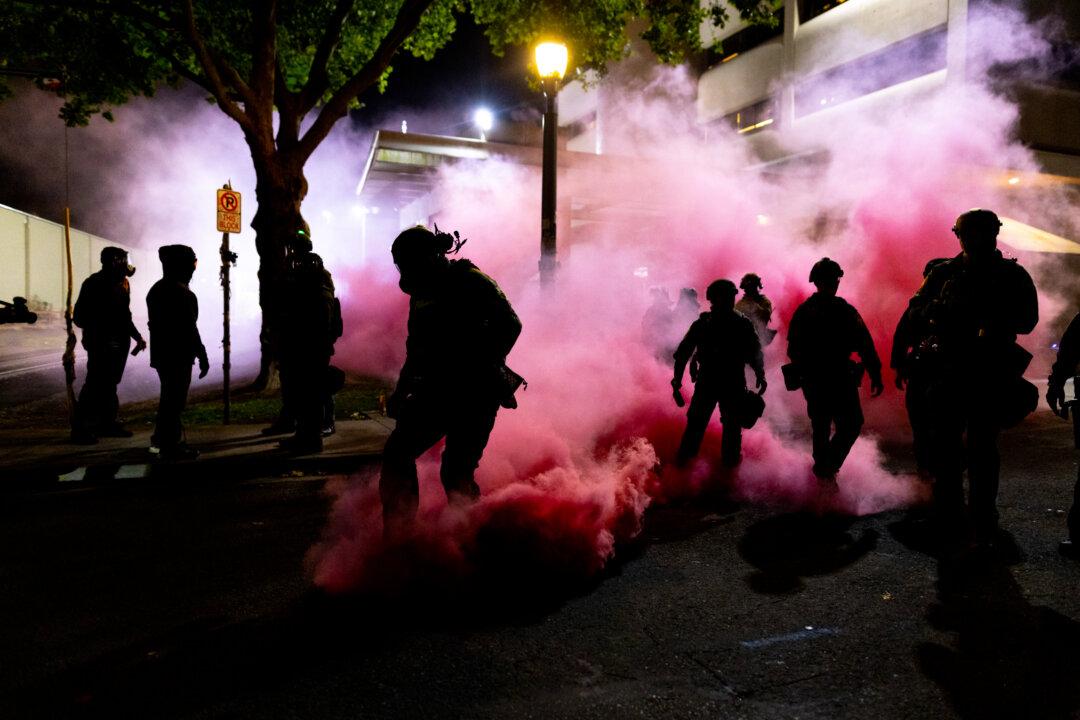LOS ANGELES—A large red-and-white sign looms over what was once a Thai restaurant in Santa Ana, California, advertising that the property is for sale. A wooden Buddha statue stands by the counter, in the dark. Elaborate golden motifs adorn the walls above empty tables.
Similar signs advertising property sales and leases are popping up throughout Southern California, as many small businesses collapse.




